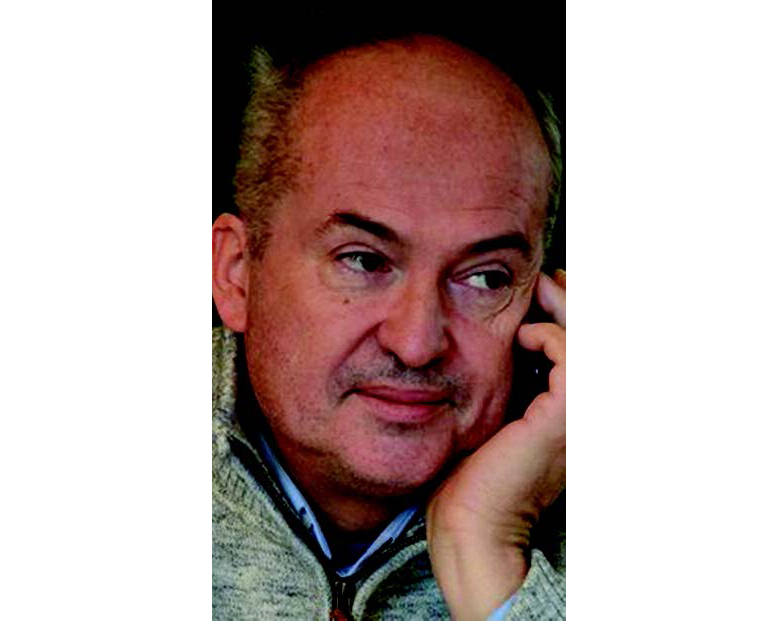
Born in 1956 in Croatia, he migrated to the United States at the age of 20, and recently to Canada at the age of 53. He has published a novel, April Fool's Day (in ten languages); a novella, Three Deaths, story collections (Infidelities: Stories of War and Lust, Yolk, and Salvation and Other Disasters) and three collections of narrative essays as well as two books of practical criticism, including Fiction Writers Workshop.
This fall Esplanade Books will publish his most recent collection of stories. His work was anthologized in Best American Poetry, the Pushcart Prize collection and O. Henry Prize Stories. He has received the Whiting Writer's Award, a Guggenheim fellowship, the Ingram Merrill Award, an American Book Award, and in 2013 he was a Man Booker International Award finalist. Novakovich has been a writing fellow of the New York Public Library and has taught at the Hebrew University of Jerusalem, Die Freie Universitat in Berlin, Penn State and now Concordia University in Montreal.
Shadow
My son had a hard time learning the concept of shadow.
At first, to him every puddle of oil in the road was shadow,
and I did not tell him that he was wrong, for maybe he
wasn’t. The oil may be a shadow fragment of a herd of
dead zebras; the oil puddle may be a shadow of a bad engine.
Maybe my son thought that we leaked out our shadows
in some kind of dark liquid that we leaked out our
shadows in some kind of dark liquid that could dry quickly
as soon as we stepped aside, and another leak would
form instantly in the new place. He once grabbed my bag
full of books and dragged it in circles, shouting. This is
my shadow! I did not tell him that he was wrong, for
maybe he wasn’t. The books could be shadow of a herd
of dead writers, dragged on the floor, like Hector around
Troy; and maybe the books were the shadow of my son’s
future reading and strained eyes. Now e understands
what am shadow is more conventionally. That’s you,
Daddy, he says, and points at his shadow. In the morning,
our shadows are long and thin; at lunchtime, they are
short and fat. Shadows are never alone; we keep them
company. When the sun is up, maybe my son is my
shadow; and the sunset, maybe the shadow he casts
down in the gravel is me – it is as long as me. We are our
shadows. Then sun casts us as shadows. Our flesh is the
engine for forming the puddles, us, in the road. When the
sun is gone, we are out. Shadowless. Or maybe then I’m
an unaccompanied shadow, a celloless unaccompanied.
My son wakes up when there’s light, and says, Daddy, the
sun is up, get up! – and we stand up to make more shadows.
He makes them by being an obstacle to the light’s
path. And I spreas onto the dust at the speed of darkness.

